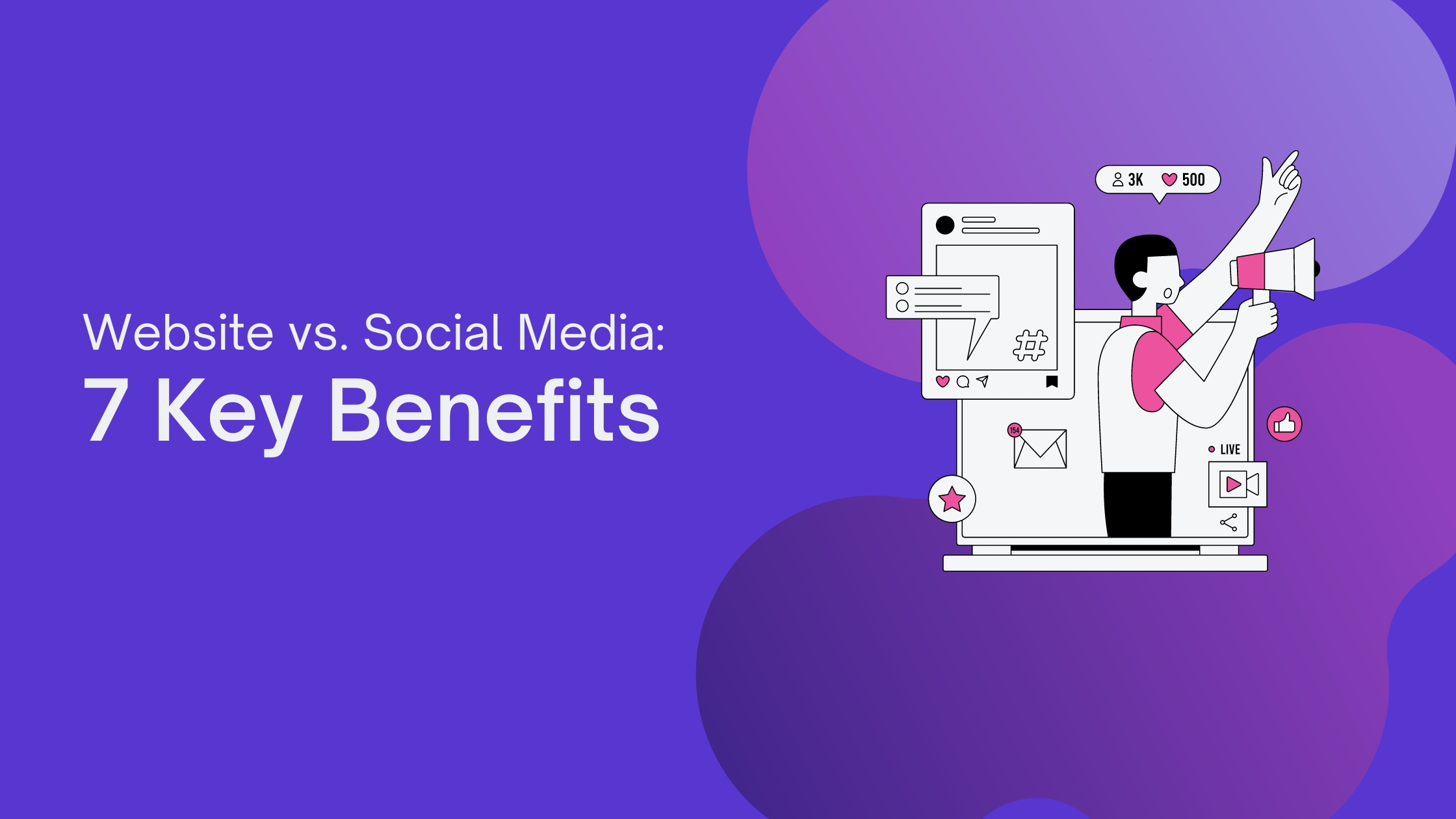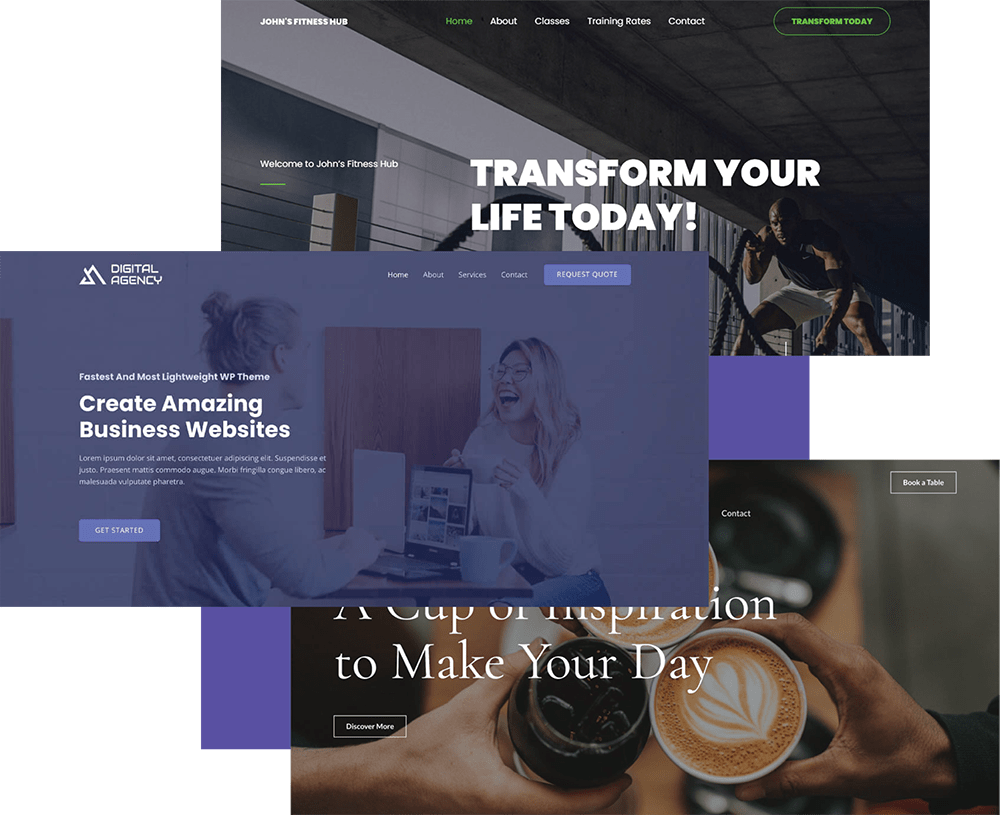Is it even necessary to have a website in today’s social media-dominated world? What’s the point of having one when you can easily connect with your target audience through social media platforms such as Facebook, Instagram, TikTok, and X? And at the same time, you can save yourself the hassle and expenses of creating and owning a website.
It may seem like a logical thought, and there’s no denying that a business without a social media presence is like a fish out of water in today’s market. However, that doesn’t mean owning a website is obsolete—far from it. In fact, owning a website comes with benefits that social media can’t even begin to compete with.
So if you’ve been putting off creating a website for your business, here are 7 reasons why you should reconsider.
1. Your Website Is Owned, Not Rented
Remember when Meta’s services entirely went down earlier this year in March? That’s only one of the many instances where social media platforms, and their users, experienced a major setback. The panic that followed was understandable, especially for businesses that rely solely on their social media presence.
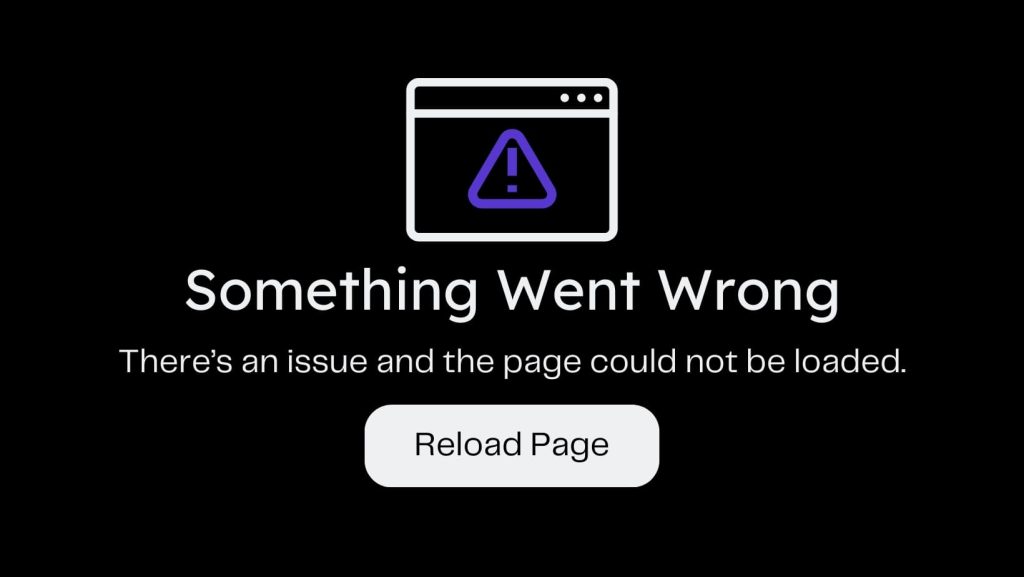
What would happen if one of these platforms suddenly vanished? Like Myspace, Google+, Vine, and others did, leaving their users high and dry.
While that may seem like an unlikely scenario for Facebook, Instagram, or even X, it’s still a possibility. And if you’ve put all your eggs in one basket, the consequences could be devastating for your business.
That’s not to mention the changing algorithms, the risk of your account being suspended or hacked, the possibility of your content being taken down or shadow-banned for unknown reasons, and the list goes on.
That’s what’s called rented space, and you have absolutely no control over it. You’re literally at the mercy of these platforms’ policies and decisions. One day, you could have a million followers, and the next day, you could have none.
On the other hand, your website is owned by you. You have full control over it, and no one can take it away from you. This means you have complete freedom to customize and design it according to your brand and business needs, without any limitations or restrictions when it comes to content and functionalities. It’s also immune to any third-party changes or risks, so you don’t have to worry about any sudden and unexpected setbacks.
2. Websites Help You Rank on Google
More than 59% of shoppers said that they use Google to research a product before making a purchase, both online and offline. This means that having a strong online presence and ranking high on search engines is crucial for any business.
If you don’t have a website? Then you’re missing out on a huge opportunity to be discovered by potential customers who are actively looking for the products or services you offer.
Sure, social media accounts can also appear on search engine results, but they usually don’t rank as high as websites. When was the last time you searched for a product or service on Google and an Instagram account showed up as the top result? Probably never.
This is because search engines indirectly prioritize websites over social media profiles, which makes having a website even more important for your online visibility and credibility.
As such, with a website, you can use various on-page and off-page search engine optimization (SEO) techniques to improve your website’s ranking–ranging from using keywords and publishing content to having quality backlinks and more. This will, in turn, bring more traffic to your website and potentially increase your sales or customer base.
In contrast, social media platforms essentially limit your online presence to their own platform, and you have less control over how your business is displayed or ranked.
3. Websites Complete Your Sales Funnel
Your prospects go through a sales funnel before making a purchase. This is the process of becoming aware of, considering, and deciding to buy your product or service.
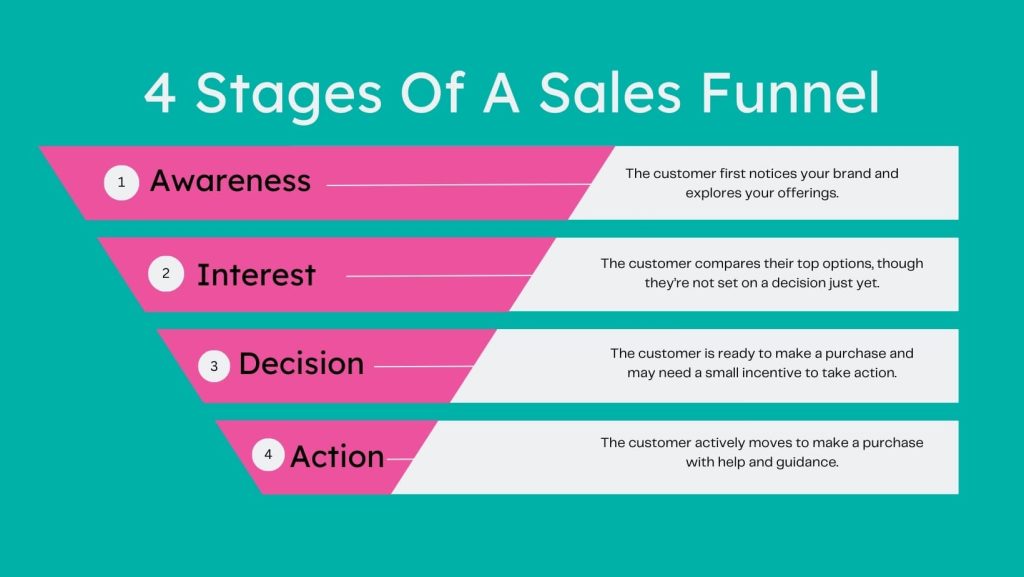
Social media is great for creating awareness and generating interest in your business. But when it comes to making the final decision to buy, most customers prefer to gather more information on a website. Wouldn’t you?
So, without a website, you’re leaving them with no choice but to move on and possibly buy from a competitor with a website. Alternatively, they could leave you a message on social media and wait for your response. But let’s be real, customers want quick and convenient access to information.
You don’t want the sales funnel to end at the very beginning, do you? That’s why it’s essential to have a website that guides your prospects through the rest of the sales funnel, providing them with all the necessary information and details they need to make a purchase.
Not to mention, you can allow them to place orders and make payments directly on your website, making the purchasing process even smoother for them and increasing the chances of a sale.
4. Website = Credibility
Think about when you search for a new product or service—do you trust businesses with only social media profiles as their online presence? Probably not. The same applies to your potential customers; if they can’t find your business online, it can raise doubts about your credibility and legitimacy.
Is your business not established enough? Is the owner not tech-savvy enough to create a website? Is this too small-scale of a business to trust? These are just some of the questions that may arise in their minds.
Having a professional and well-designed website can alleviate these doubts and establish credibility for your brand to distinguish you from hobbyists, scammers, and side hustlers. It shows that you have invested time, effort, and resources into building an online presence, which can make customers feel more confident in doing business with you.
That’s especially true if you take the time to make your website your virtual storefront and load it with positive customer reviews, testimonials, and success stories. This way, your website not only acts as a tool for sales but also serves as a platform for building trust and credibility with your potential customers.
5. Websites Allow for More Extensive Data Tracking
Social media insights are great for tracking engagement and reach, but when it comes to making data-driven decisions for your business, you’ll want to know more than just the number of followers you gained over the past week and where they live.
That’s made possible only via a website, where you can leverage tools like Google Analytics to track various metrics, including website traffic, click-through rates, conversion rates, bounce rates, and more.
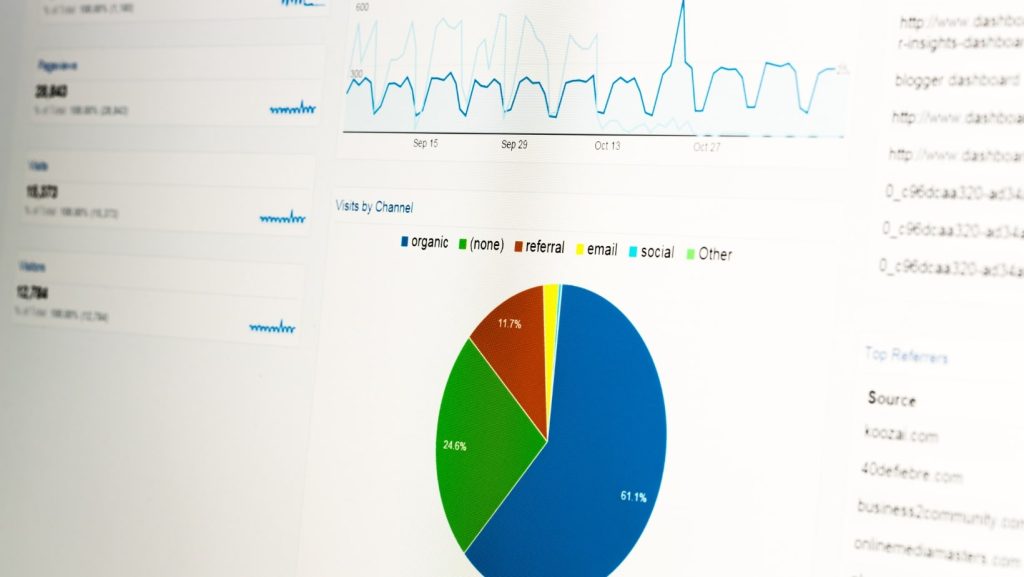
This data can help you understand how users are interacting with your website, where they’re coming from, and where they’re dropping off. With this information, you can make informed decisions about your marketing strategies and website optimizations to improve user experience, increase conversions, and ultimately grow your business.
So while social media may give you a general idea of how many people are interested in your brand, having a website gives you a more comprehensive understanding of their behavior and preferences.
6. Websites Are the Gateway to Content
It’s no surprise that each social media platform has its own “specialization” when it comes to the type of content that performs well. For example, Instagram is known for its visual appeal, while Twitter is often used for quick updates and news.
That’s fine, but what if your audience is interested in more than just pretty pictures and short snippets of information? What if they want to learn more about your products or services, the story behind your brand, or helpful tips related to your industry?
Better yet, what if you want to create targeted content for each stage of the customer journey (top of the funnel, middle of the funnel, bottom of the funnel) to capture and nurture leads? You won’t be able to do all of that on social media alone.
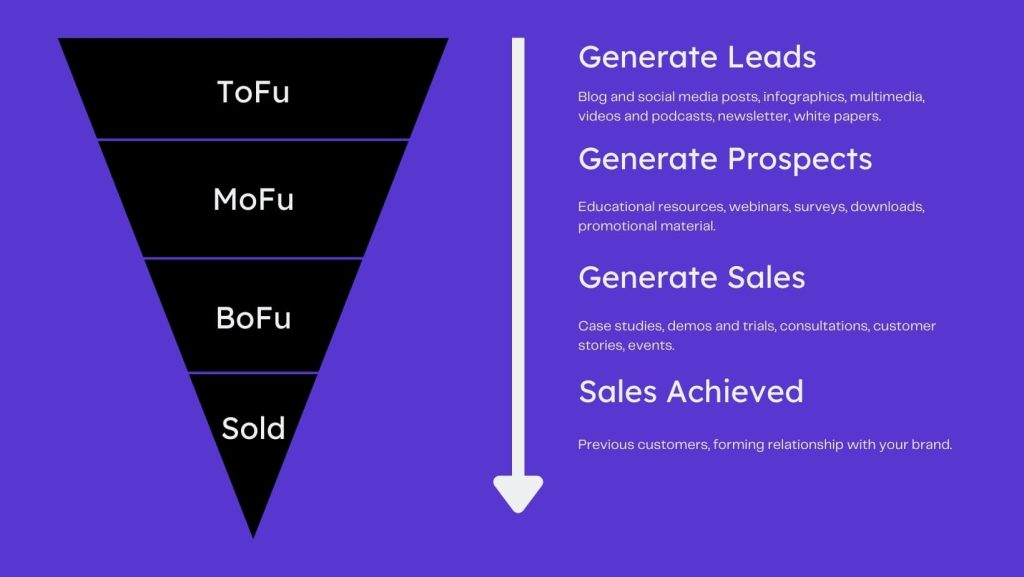
That’s where your website comes in.
With a website, you have the freedom to create and curate various types of content, including blog posts, videos, infographics, e-books, case studies, and more. And as mentioned earlier, you can also optimize this content for search engines (SEO) to attract organic traffic from people searching for information related to your industry or products.
This not only helps attract traffic to your site but also keeps visitors engaged and interested in learning more about what your brand has to offer.
7. Websites Can Be Cheaper
Last but not least, contrary to popular belief, having a website can actually be more cost-effective than solely relying on social media for your online presence.
Yes, creating and maintaining a website may require some upfront costs, such as buying a domain name, hosting plan, and developing and designing the site. However, once your website is up and running, you can reach a larger audience at a lower cost compared to social media media. Compared to the potential reach and long-term benefits, it’s a small investment.
While many believe that social media is “free”, you know how the saying goes – “if something is free, you are the product”? Unfortunately, that’s the case here. Yes, it’s free to create an account on social media platforms, but to reach a wider audience and promote your products or services effectively, you’ll likely need to invest in paid advertising.
The “organic” path on social media is, understandably, becoming increasingly difficult, with all these accounts fighting for the attention of users. The result is that the reach of organic posts is constantly decreasing, and to reach a significant audience, you’ll need to put in money for sponsored posts or ads.
These ads aren’t exactly cheap either, and the costs can add up quickly over time. In contrast, a website’s upfront costs may be higher, but once you have it set up, you have complete control over your content and marketing efforts without having to constantly pay for ad space.
The Bottom Line
Social media platforms are essential, but they shouldn’t be the only or primary way to establish your online presence. You leave so much on the table if you don’t have a website, which is basically your digital home that you own and control.
The ideal scenario is to have a strong presence on social media and use it to drive traffic to your website. This way, you can benefit from both platforms’ strengths and reach a wider audience, creating a well-rounded online presence that takes full advantage of the digital landscape.
But considering this an “either-or” situation is counterproductive. Instead, view social media and a website as complementary tools in your overall digital marketing strategy.
And better late than never—if you haven’t established your website yet, we’d love to help you get started! Reach out to our team at ShiftWeb and we’ll help you do better online.
